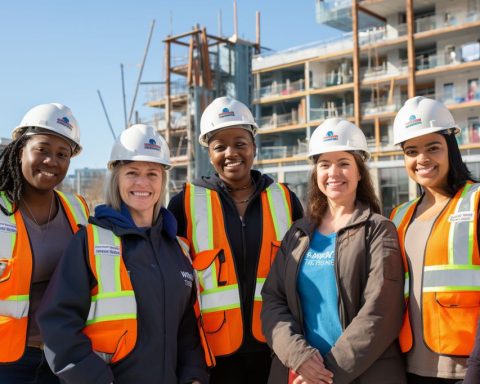South Africa is set to host the 15th Annual BRICS Summit from August 22nd to 24th, 2023. The summit will bring together heads of state from Brazil, Russia, India, China, and South Africa to discuss economic opportunities in the post-COVID-19 era.
Coinciding with National Women’s Month, this prestigious gathering carries immense potential for fostering positive change for women in South Africa and beyond. Adv. Mikateko Joyce Maluleke, the Director-General, acknowledges that despite the growing influence of BRICS nations on the global economy, women continue to suffer disproportionately from poverty and inequality.
A Call for Change
The summit is an opportune moment to address the challenges faced by women and work collectively towards a more equitable and prosperous future for all citizens. The Department of Women, Youth, and Persons with Disabilities aims to lead socio-economic transformation and uphold the constitutional mandate against discrimination based on race, sex, gender, or sexual orientation. Empirical evidence demonstrates that gender equality in education and employment is a potent driver of economic growth.
Accelerating Socio-Economic Opportunities
The summit will offer a unique platform to address crucial issues and policy matters, reducing inequality through people-to-people exchange programs. Such initiatives will be particularly advantageous to women and girls living in rural areas. By providing access to quality education, skills development, and training, these programs empower women to seize better employment opportunities.
Mainstreaming Gender Issues
To achieve the ambitious commitments of the Sustainable Development Goals, the Department of Women, Youth, and Persons with Disabilities is urging for the mainstreaming of gender issues in all scheduled BRICS business activities. This includes not only the upcoming summit but also subsequent events and collaborations.
Holistic Approach
The BRICS Summit will discuss a wide array of topics ranging from economic collaboration to global health initiatives, climate change, and sustainable development. The inclusion of gender equality and women’s empowerment within these discussions will enable a more holistic approach to tackling the complex challenges facing the world today.
Networking and Relationship-Building
The summit provides an opportunity for networking and relationship-building among delegates, fostering mutual understanding and cooperation between different nations. These connections can pave the way for future collaborations, ensuring that the voices of women continue to be heard and their needs are taken into account in the formulation of policies and programs.
South Africa’s hosting of the 15th Annual BRICS Summit during National Women’s Month presents a unique opportunity to address the challenges faced by women and work towards a more equitable and prosperous future for all citizens. By championing the cause of women and promoting their socio-economic advancement, the BRICS nations can set a powerful example for the rest of the world to follow.












